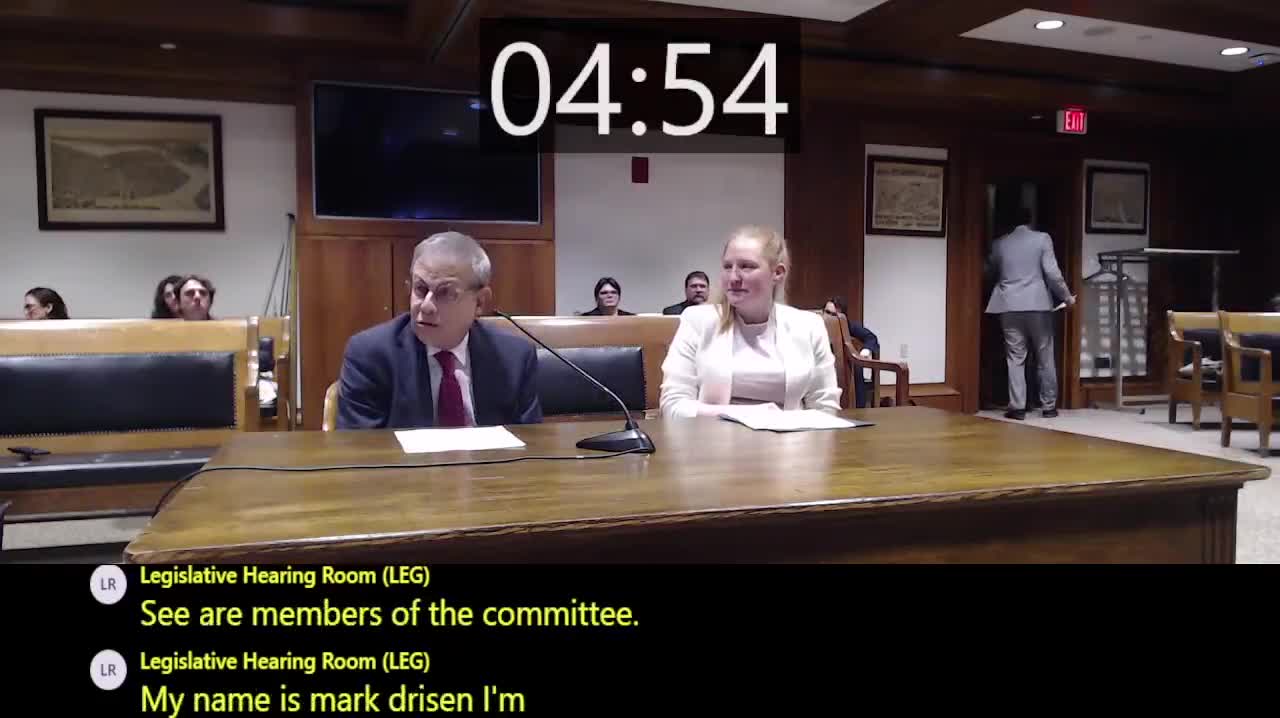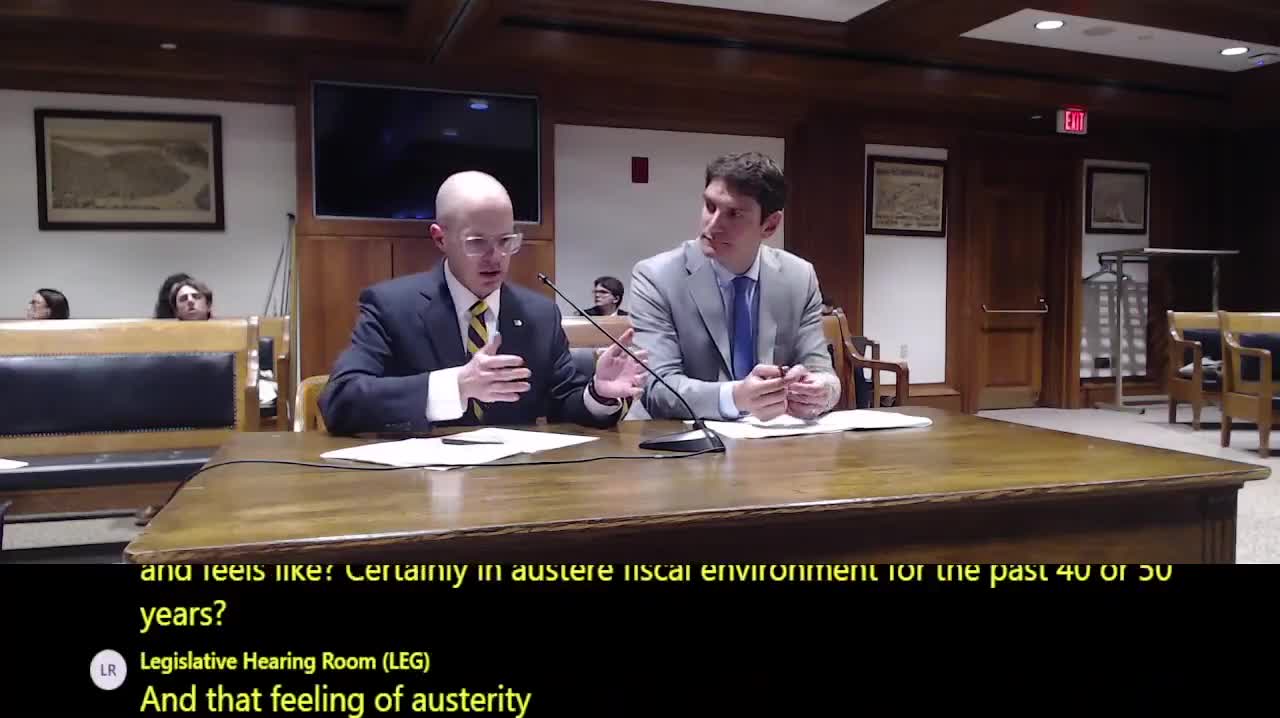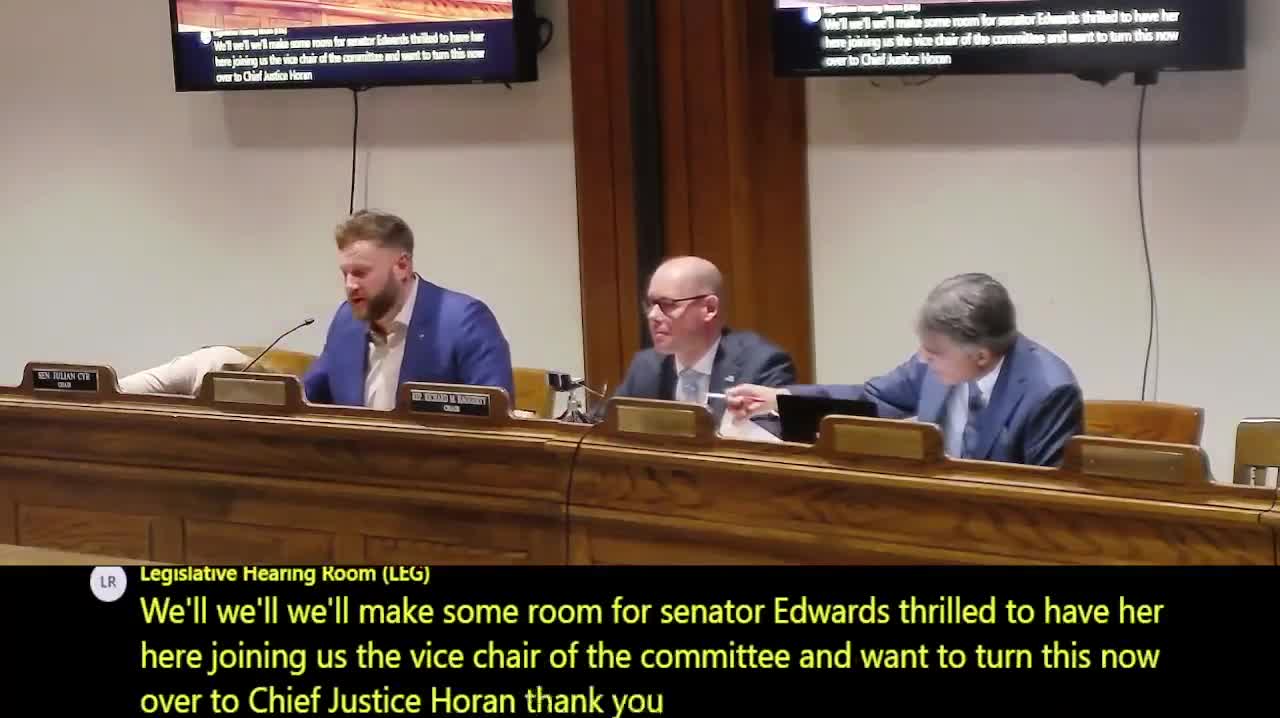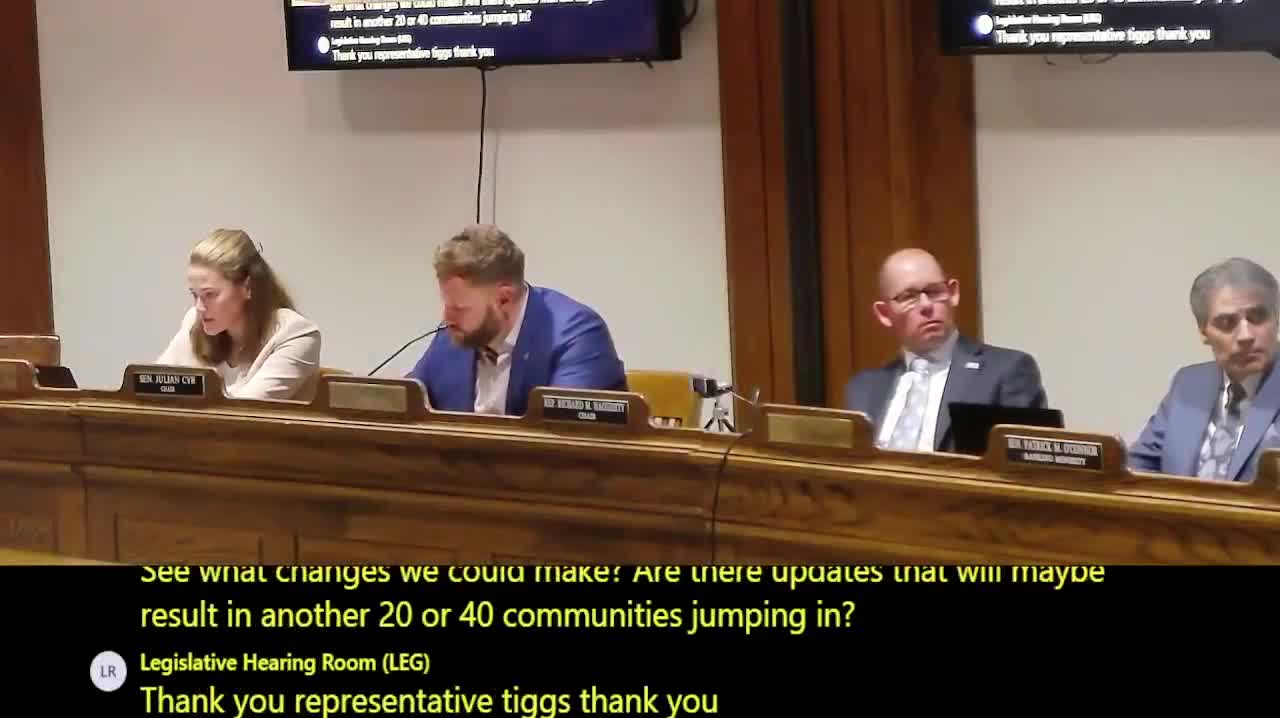Article not found
This article is no longer available. But don't worry—we've gathered other articles that discuss the same topic.

Developers, planners and business groups push zoning, permitting and construction cost reforms to speed housing production

Tenant advocates urge rent protections, tenant purchase tools as investor buying and rent hikes accelerate

Massachusetts Housing Court warns new eviction-sealing law and backlog are straining court resources

